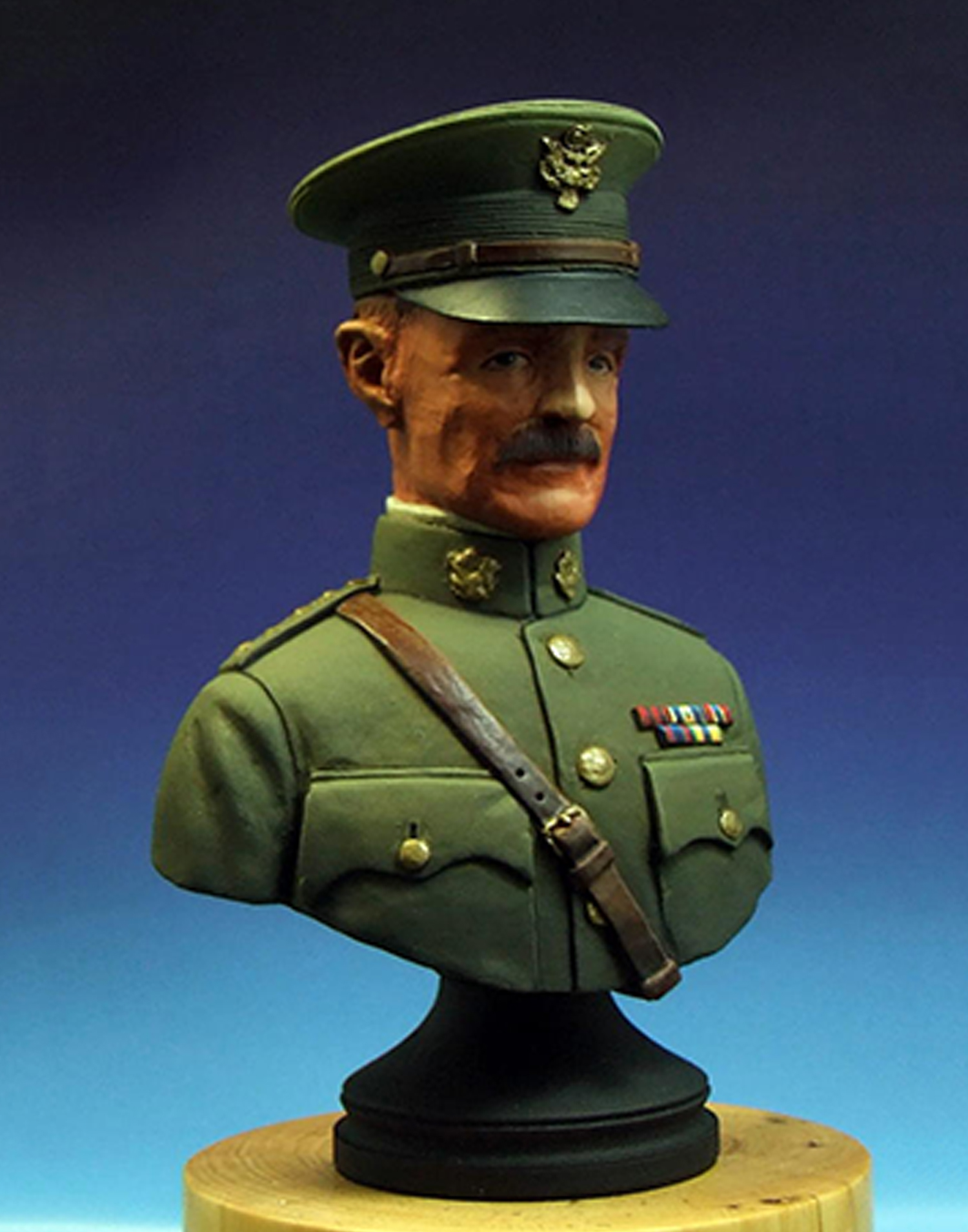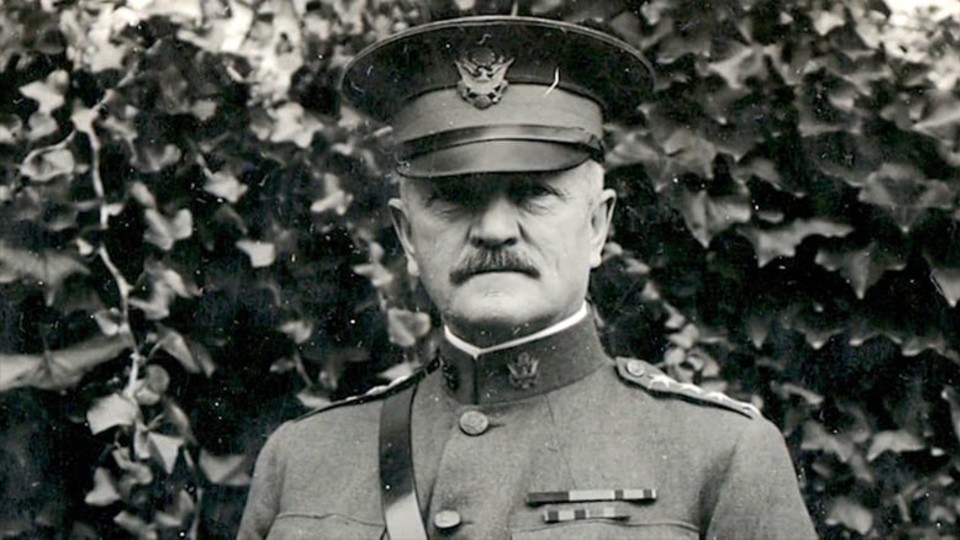General Black Jack Pershing
- General Blackjack Pershing Terrorist
- General Black Jack Pershing Quotes
- General Black Jack Pershing Mexico

Pershing, in full John Joseph Pershing, byname Black Jack, (born September 13, 1860, Laclede, Missouri, U.S.—died July 15, 1948, Washington, D.C.), U.S. Army general who commanded the American Expeditionary Force (AEF) in Europe during World War I. Pershing, who became General 'Black Jack' Pershing in World War I, commanded some of those recruited.
Pershing Wiki 2020, Height, Age, Net Worth 2020, Family - He was a senior United States Army officer, most famous as the commander of the American Expeditionary Force (AEF) on the Western Front i. John’s father was the proprietor of a General Store. He was not averse to taking some risk and that was an influence that Pershing would inherit when it came to exhibiting leadership. The store faced bankruptcy after the panic of 1873 and John’s father went on the road as a traveling salesman.
General John J. “Black Jack” Pershing is the highest ranked military officer buried here at Arlington National Cemetery, and the second highest ranked military officer in United States history. He was appointed General of the Armies, which indicates command over all branches of US armed services, on September 3, 1919. He is the only person to receive the rank while living. The only other person to hold this rank is Lieutenant General George Washington who received it nearly 200 years after his service in 1976. General of the Armies rank is equivalent to a six-star General status, though no insignia has ever been created.
Pershing was the president and first captain of the West Point class of 1886. He served in the Spanish-American War and the Philippine-American War. In 1897, Pershing returned to West Point as an instructor. The cadets, who disliked him because he was rigid and strict, gave him the nickname “Black Jack” because he served with the African-American Tenth Cavalry. The nickname, meant to be callous, stuck with Pershing for the rest of his life.
Pershing quickly rose to the rank of general. In 1917, President Woodrow Wilson selected Pershing to command the American Expeditionary Forces during the Great War. Pershing’s willingness to integrate into Allied operations helped bring about the armistice with Germany. After the war, Pershing served as Army Chief of Staff from 1921 to 1924. He was mentor to a generation of U.S. Army generals including George S. Patton, Dwight D. Eisenhower, George C. Marshall and Omar Bradley, all of who led the United States through World War II.
This year is the 100th anniversary of America’s entrance in World War I. Visit the Welcome Center to view a special exhibition on the Great War. After that, ride the guided tram tour to learn more about General Pershing and other WWI notables.
Amanda Varnam Arlington National Cemetery Narrator, driver, trainer and dispatcher.

One hundred years ago this spring, the American Expeditionary Forces entered World War I under the command of General John J. “Black Jack” Pershing, who had also led the famous 10th Cavalry Regiment of African-American “Buffalo Soldiers” during the Indian wars and the Spanish-American conflict. In fact, “Black Jack,” his nickname, was initially an insult leveled against John Pershing for leading African-American troops.


However, while many people may know these and other facts about General Pershing’s distinguished military career, few have heard about the devastating deaths of his wife and three daughters.
Pershing married Helen Frances Warren, the daughter of Wyoming Senator Francis E. Warren, in 1905. She was a Wellesley graduate and some twenty years his junior, but most historians suggest she was enamored of the adventurous officer. Senator Warren defended his son-in-law when a scandal erupted over an affair Pershing was alleged to be having with a local woman in Mindanao, the Philippines, where he served as a military officer after the Spanish-American War.
General Blackjack Pershing Terrorist
Other stories suggest Pershing’s rivals fabricated the story in retaliation for President Theodore Roosevelt’s promoting Pershing to brigadier general over some 862 higher ranking officers. Pershing’s critics charged that his prominent father-in-law helped secure the promotion. Regardless, the general’s defenders argued that T.R. admired Pershing and had planned to promote him three years earlier. Whatever the truth may be, the Pershings appeared to be a happy family despite long separations when the general commanded remote posts.
In 1915, Mrs. Pershing and their four children were living at the Presidio in San Francisco while the general was stationed in El Paso, Texas, on the eve of Pancho Villa’s border town raids. Before Pershing would set off in pursuit of Villa, he would experience a devastating family tragedy. On August 27, 1915, Pershing’s wife and three daughters—ages nine, seven, and three—would die in a house fire that engulfed their Presidio home. A few other inhabitants of the home, including the Pershings’ five-year-old son Warren, managed to escape the blaze. The fire started when hot coals from the fireplace popped out on to the heavily waxed floor.
A day after the fire, the San Francisco Chronicle, the Chicago Tribune, and the New York Timesall reported that the family might have survived had “flimsy construction” and government “red tape” not been a factor. A spokesperson for the San Francisco Fire Department told reporters that a standing order prohibited Presidio officials from summoning the city fire department “until an effort had been made to subdue the blaze.” Significantly, in the three years before the Pershings died, nine other people had lost their lives in Presidio fires. However, whether Pershing’s wife and children could have survived is a matter of speculation. When General Pershing saw the charred ruins of the house, he reportedly said, “They had no chance.”
When members of the military are ordered into a combat theater, their families worry they will face serious peril or even death. In addition to the dangers combat personnel face, however, soldiers worry about the threats and dangers their loved ones back home may encounter. One can only imagine Pershing’s sorrow and guilt about the fire. Even an influential general of his caliber could not protect his family from shoddy workmanship, bureaucracy, and fate.
Devastated, Pershing immersed himself in his work. Less than two years after the fire, he would lead the Allied Expeditionary Forces in the final year of World War I. His efforts would prove decisive in the defeat of the Central Powers.
General Black Jack Pershing Quotes
Although he would be romantically linked with a number of women during the remainder of his life—including George S. Patton’s sister—he would never remarry.
Warren Pershing, the only family member who survived the fire, went on to graduate from Yale University. He enlisted as a private in the United States Army and fought in World War II. He died in 1980 at the age of 71.

General Black Jack Pershing Mexico
General Pershing died in 1948, at the age of 88. He is buried in Arlington National Cemetery. His wife and daughters are buried in Cheyenne, Wyoming.